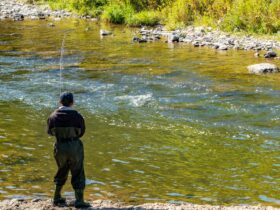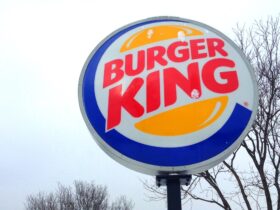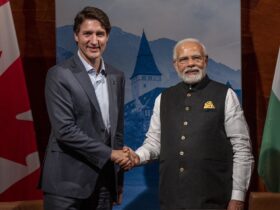The first of two trials linked to the high-profile multimillion-dollar gold heist at Toronto’s Pearson International Airport is set to commence in September in Pennsylvania. However, two key suspects remain in Canada, adding a complex cross-border dimension to the case.
Archit Grover and Prasath Paramalingam, who face charges related to the 2023 gold theft from an Air Canada cargo facility, are also implicated in a firearms trafficking ring involving another suspect, Durante King-McLean. King-McLean, arrested in Pennsylvania in September 2023, is accused of smuggling 65 firearms destined for Canada and has pleaded not guilty to six serious firearms-related charges. He is also alleged to have driven the van that made off with more than $20 million in gold and foreign currency from Pearson Airport.
The connection between the firearms charges and the gold heist was highlighted by Peel Regional Police and U.S. authorities, who allege that some profits from the gold theft were used to fund the firearms trafficking operation. Paramalingam is accused of helping facilitate King-McLean’s entry into the U.S. and securing funds for the scheme, while Grover is alleged to have been an accessory to the crime.
As the U.S. trial approaches, questions arise about the potential extradition of Grover and Paramalingam to the U.S. The U.S. Justice Department has not disclosed its plans regarding extradition, but experts suggest that the process could take years if contested, delaying their prosecution in the U.S.
Toronto criminal defense lawyer Leo Adler notes that one possible scenario is that the Canadian government could drop charges against the two men to facilitate their extradition, though this is unlikely. U.S. authorities may also wait to see the outcome of the Canadian trials before pursuing extradition.
The Canadian extradition process involves multiple phases, including approval from the federal Justice Department, a judicial review, and a final decision by the federal justice minister. Extradition can be a lengthy and complex process, with potential appeals that could extend the timeline further.
The outcome of the U.S. trial, particularly if King-McLean strikes a plea deal, could have significant implications for the Canadian case. Any evidence presented in the U.S. trial, including details of plea agreements, could be used against Grover and Paramalingam if they are eventually extradited. Likewise, Canadian authorities may share evidence with their U.S. counterparts, given the close cooperation between the two countries under the Mutual Legal Assistance Treaty.
Legal experts caution that the two alleged crimes—firearms trafficking and the gold heist—must be tried separately to avoid double jeopardy. However, the close coordination between Canadian and U.S. authorities suggests that prosecutors on both sides of the border are carefully planning their approach to these intertwined cases.
Ultimately, the U.S. trial could influence the legal strategies of those accused in the gold heist, potentially leading to plea bargains or changes in defense tactics. As the trials unfold on both sides of the border, the cross-border legal complexities will continue to play a pivotal role in determining the outcomes for those involved.












Leave a Reply